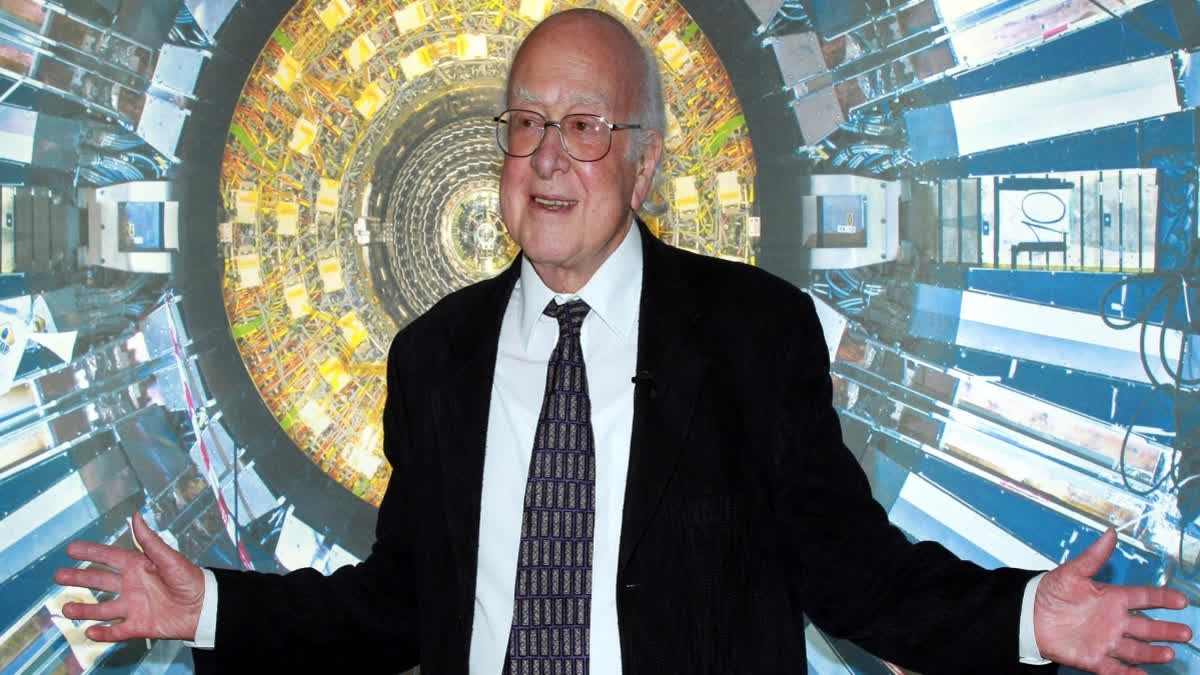London: Nobel prize-winning physicist Peter Higgs, who proposed the existence of the so-called "God particle" that helped explain how matter formed after the Big Bang, has died at age 94, the University of Edinburgh said Tuesday.
The university, where Higgs was emeritus professor, said he died Monday "peacefully at home following a short illness."
Higgs predicted the existence of a new particle — the so-called Higgs boson — in 1964. But it would be almost 50 years before the particle's existence could be confirmed at the Large Hadron Collider.
Higgs' theory related to how subatomic particles that are the building blocks of matter get their mass. This theoretical understanding is a central part of the so-called Standard Model, which describes the physics of how the world is constructed.
Edinburgh University said his groundbreaking 1964 paper demonstrated how "elemental particles achieved mass through the existence of a new sub-atomic particle" which became known as the Higgs boson.
In 2012, in one of the biggest breakthroughs in physics in decades, scientists at CERN, the European Organization for Nuclear Research, announced that they had finally found a Higgs boson using the $10 billion particle collider built in a 17-mile (27-kilometer) tunnel under the Swiss-French border.
Higgs won the 2013 Nobel Prize in Physics for his work, alongside Francois Englert of Belgium, who independently came up with the same theory.
Edinburgh University Vice Chancellor Peter Mathieson said Higgs, who was born in Newcastle, was "a remarkable individual – a truly gifted scientist whose vision and imagination have enriched our knowledge of the world that surrounds us."
